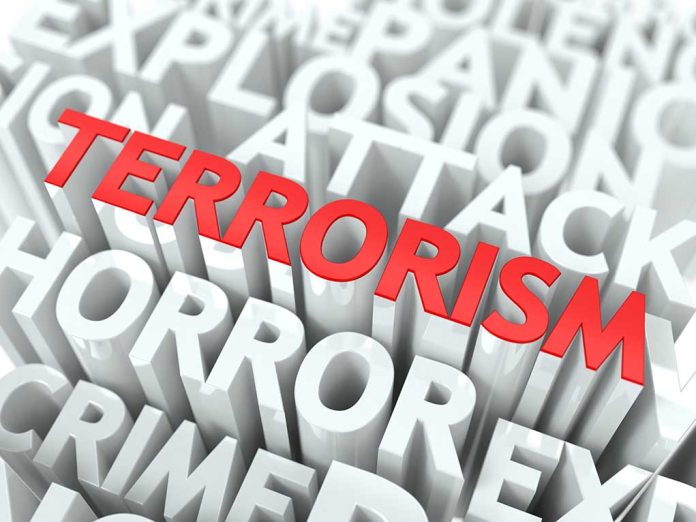
At least 40 farmers were brutally killed by Boko Haram and ISWAP militants in Nigeria’s Borno State, raising concerns about the ongoing threat of terrorism in the region.
At a Glance
- Boko Haram and ISWAP militants killed at least 40 farmers in Borno State, Nigeria
- The attack occurred in Dumba, near Lake Chad, a known hideout for terrorist groups
- Governor Babagana Umara Zulum called for immediate military action and an investigation
- The incident highlights the ongoing security challenges in northeastern Nigeria
Deadly Attack on Farmers in Borno State
In a shocking act of violence, at least 40 farmers were killed by militants linked to Boko Haram and the Islamic State West Africa Province (ISWAP) in Borno State, Nigeria. The massacre took place in Dumba, an area near Lake Chad notorious for insurgent activities and landmine threats. This tragic event underscores the persistent danger faced by civilians in the region, despite ongoing efforts to combat terrorism.
The attack occurred over the weekend, catching the farmers off guard as they worked their fields. Borno State officials confirmed the incident, revealing the extent of the carnage and the impact on the local community. The proximity to Lake Chad, a known hideout for Boko Haram and ISWAP, likely contributed to the militants’ ability to carry out this brazen assault.
Government Response and Security Concerns
In response to the attack, Governor Babagana Umara Zulum has called for immediate military action and a formal investigation into the killings. The state government is working to reunite survivors with their families and has ordered soldiers to track and eliminate insurgents in the area. These measures aim to provide some reassurance to the affected communities and prevent further attacks.
Governor Zulum has also emphasized the necessity for civilians to remain within designated safe zones for protection. The farmers who were attacked were reportedly outside these areas, highlighting the risks faced by those who venture beyond the zones established by armed forces. This tragic incident serves as a stark reminder of the ongoing security challenges in the region and the importance of adhering to safety measures.
Long-standing Conflict and Its Impact
The attack in Dumba is not an isolated incident but part of a long-standing conflict that has plagued northeastern Nigeria. Boko Haram began its insurgency in 2009, opposing Western education and promoting their interpretation of Islamic law. Since then, the region has experienced relentless violence, resulting in widespread devastation and loss of life.
According to the United Nations, this ongoing conflict has had devastating consequences for the region. An estimated 35,000 civilians have lost their lives, and over two million people have been displaced from their homes in northeastern Nigeria. The impact on agriculture, a vital sector of the local economy, has been particularly severe, with many farmers unable to tend to their land due to the constant threat of violence.
Challenges in Combating Terrorism
The recent attack underscores the difficulties faced by Nigerian security forces in combating terrorism in the region. Despite efforts to contain the threat, Boko Haram and ISWAP continue to exploit the vast, often remote areas around Lake Chad to launch attacks on civilian and military targets. The porous borders in the region also complicate efforts to prevent the movement of militants and weapons.
As the Nigerian government and international partners continue to strategize on how to address this persistent threat, the latest attack serves as a grim reminder of the human cost of this conflict. The loss of 40 farmers not only represents a tragedy for their families and communities but also highlights the ongoing challenges to security and economic development in northeastern Nigeria.
Sources:
Jihadists Kill At Least 40 Farmers In Northeast Nigeria
Armed groups kill at least 40 farmers in Nigeria’s Borno State



